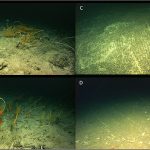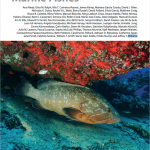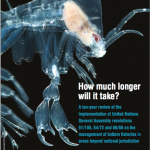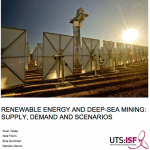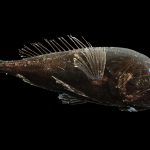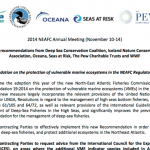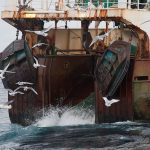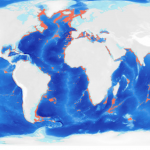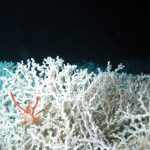Source: Frontiers in Marine Science
Authors: Les Watling and Peter J. Auster
The ecological sustainability of fishing in the deep sea, in areas beyond national jurisdiction (ABNJ), rose to the attention of the member States of the United Nations and elicited action in 2004 and then more strongly in 2006 (Gianni et al., 2011). Mounting evidence of the effects of fishing in the deep sea, such as the destruction of deep sea coral communities at sites around the globe, and the slow growth, time to maturity and tremendous age reached by some species of deep sea fish, caused many to consider the sustainability of common fishing practices.
Continue reading Seamounts on the High Seas Should Be Managed as Vulnerable Marine Ecosystems

